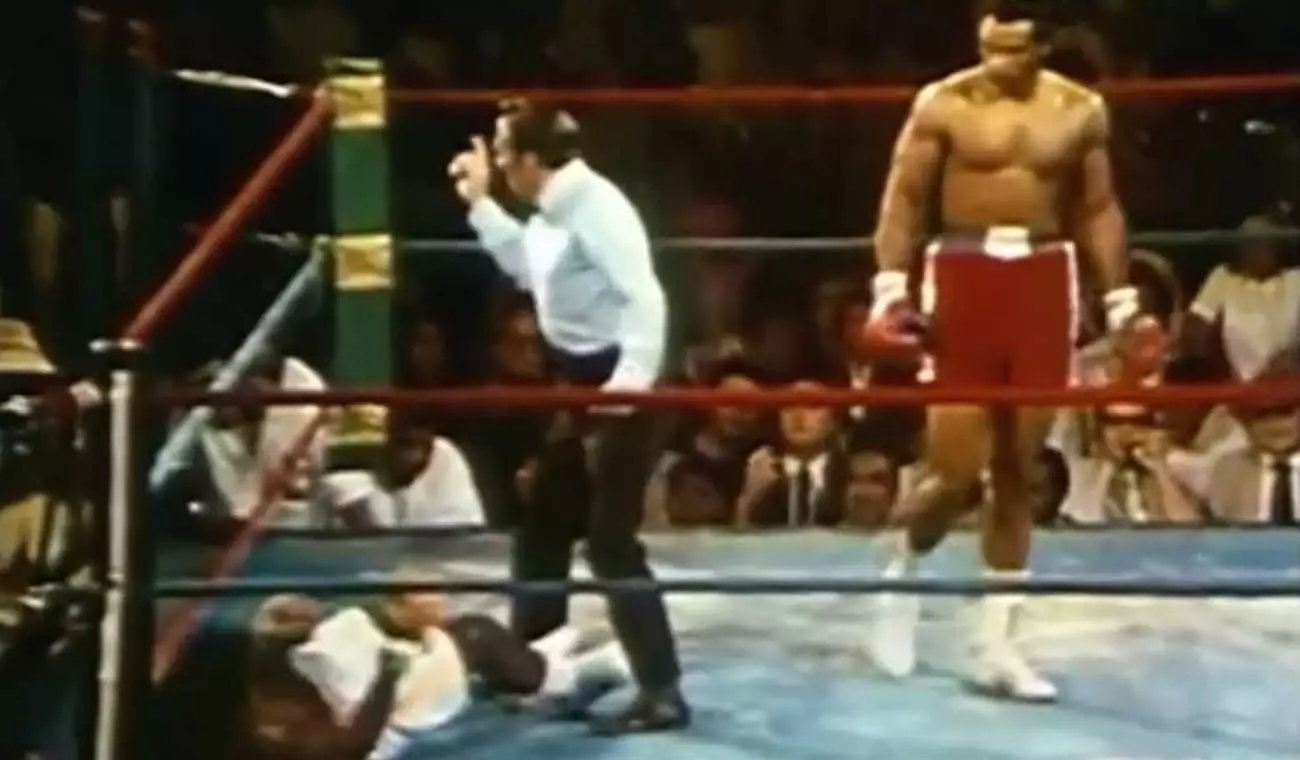The world of boxing was forever altered with the death of George Foreman today at the age of 76. His monumental career carved out a legacy recognized by fans and fighters alike, reflecting the raw power and indomitable spirit that defined the heavyweight division during its golden years. Foreman, a two-time heavyweight champion and Olympic gold medalist, became a symbol of resilience and transformation—embodying the spirit of sport in its many forms.
Foreman’s rise in boxing was meteoric. He burst onto the scene, showcasing a ferocity that few had ever witnessed in the ring. His early fights, particularly against notable figures like Joe Frazier, Muhammad Ali, and Ken Norton, showcased a fighter who was not only formidable but also innovative in his approach to boxing. The infamous bout against Frazier on January 22, 1973, is etched in the minds of sporting history enthusiasts. It was a clash that not only tested the mettle of both fighters but also redefined the expectations surrounding the sport. Foreman’s ability to dismantle Frazier in just two rounds—dropping him six times—was almost cinematic in its brutality.
Champion and Challenger
Yet, it wasn’t just the physical attributes that made Foreman a stalwart in boxing; it was his psychological approach as well. His loss to Jimmy Young—often recalled as a pivotal moment in his career—demonstrated the duality of a champion’s mind. Foreman’s decision to toy with Young, trying to extend the fight for a spectacle rather than securing the win, was a misstep born of youth and ambition. Despite being in excellent condition, the heat of San Juan seemed to conspire against him, leading to a loss that would prove to be both a humbling and eye-opening experience.
Foreman’s subsequent retirement at 28 was met with confusion and disappointment from fans and experts alike. Many argued that he had prematurely exited the sport just as he was reaching his full potential. This decade-long absence from boxing raised questions about what he could have achieved if he had chosen to continue. However, when he made his return in 1987, it was not merely a comeback; it was a redefinition of his persona. The once-trim athlete had transformed in both body and spirit, becoming a fighter who connected with the broader public on a personal level.
A New Chapter and Redemption
The later chapters of Foreman’s career were marked by a different kind of victory. At 45 years old, when most athletes are contemplating retirement, Foreman captured the heavyweight title once again in a shocking upset against Michael Moorer. The tenth-round knockout was not just a testament to his enduring prowess but a reflection of his spirit, proving that determination often trumps age and statistics in the realm of sports. Foreman had embarked on a journey that many wouldn’t dare to dream, inspiring a new generation of boxers and fans who witnessed a fighter not just making a comeback but entirely rewriting the narrative of his life.
Besides his storied boxing career, it is important to acknowledge the man behind the gloves—an individual whose charm and charisma extended beyond the ring. Foreman became a household name not just through his fighting prowess but also through his ventures in entrepreneurship, most notably the George Foreman Grill, providing a financial safety net that few athletes find post-retirement. His journey transformed him from a relentless fighter to a relatable figure whose story resonated with many.
Remembering a Friend and Icon
As the boxing community mourns the loss of this extraordinary fighter, the words of promoter Bob Arum resonate deeply. Foreman was not just a champion in the ring; he was a friend, a mentor, and a source of inspiration for countless individuals. The tributes pouring in since his passing are a testament to the impact he left on the sport and beyond. In tragically losing such a charismatic figure, one cannot help but reflect on the legacies we create and the memories we leave behind.
George Foreman’s life was a saga marked not only by triumph but also by the complex human experience of loss, redemption, and profound influence. His legacy will undoubtedly endure, reminding us that in boxing, as in life, it is not merely about the battles fought but the person one becomes through them.

